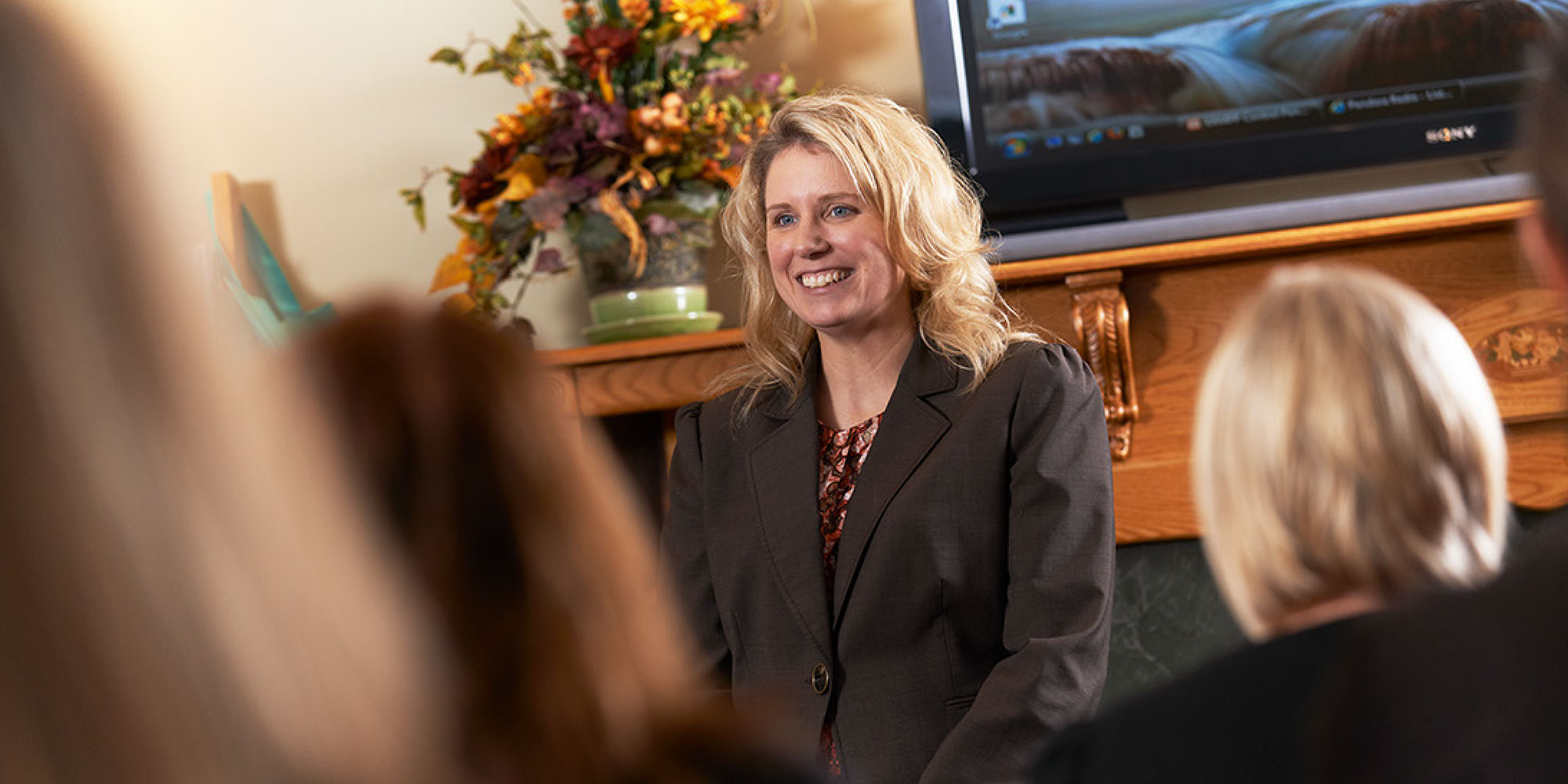Brittany L. Moore, Esquire
In 2014, the Achieving a Better Life Experience Act (ABLE Act) opened a door at the federal level to give each state the opportunity to set up programs for people with disabilities and their families to establish tax-advantaged savings accounts without impacting the disabled individual’s public benefits.
On April 18, 2016, Governor Wolf signed the Pennsylvania Achieving a Better Life Experience Act (PA ABLE Act). The PA ABLE Act was passed to provide more financial options and security to individuals whom became disabled prior to age 26. This is to be accomplished through savings accounts established for benefit of the disabled individual in which funds may accumulate tax-free to pay for qualified disability expenses without jeopardizing their eligibility for need-based programs such as Supplemental Security Income (SSI) and Medicaid.
If an individual becomes disabled prior to the age of 26 and is already receiving SSI and/or Social Security Disability Insurance (SSDI), the individual is automatically eligible to establish an ABLE account. However, if the individual is not currently receiving these benefits, they must first obtain a physician certification to set up an account.
These accounts have many tax advantages. They are able to grow tax-free and are exempt from Pennsylvania inheritance tax. Withdrawals are exempt from federal and state income tax when used for qualified disability expenses such as community living expenses such as education, housing, transportation, employment training and support, assistive technology, housing, personal support services, health, prevention and wellness, financial management and administrative services, legal fees, expenses for oversight and monitoring, funeral and burial expenses, and more.
Typically, the beneficiary of the account is named as the owner, but anyone may contribute. The combined yearly contributions may not exceed $14,000, which will be adjusted annually for inflation. The total account contributions over the life of the beneficiary cannot exceed the limit for Pennsylvania education-related 529 plans. In 2016, this amount was $511,758.
ABLE accounts do not need to be established by the beneficiary. If parent, guardian, or power of attorney opens an ABLE account on behalf of a minor or adult lacking capacity, they are held as the fiduciary and will remain in that role until they decide to relinquish control of the account.
Likewise, ABLE accounts need not be managed by the beneficiary. In Pennsylvania, any person designated in writing by the parent or guardian, a trustee of a trust for which the eligible individual is a beneficiary, if the eligible individual is receiving SSI or SSDI, the representative payee, or anyone else allowed by federal law, which includes parents, guardians, and powers of attorney can have “signatory authority.”
Prior to the ABLE Act, individuals with more than $2,000 were deemed ineligible for SSI and other means-tested programs. It is now possible for disabled individuals to hold assets that exceed this individual resource limit in an ABLE account and still qualify for public benefits as long as the account total does not hold more than $100,000. If the ABLE account accumulates more than $100,000, the disabled individual’s SSI benefits may be suspended. After the account balance is drawn back to $100,000 or less, their benefits will be reinstated. On the other hand, Medicaid is not impacted by this fluctuation.
ABLE accounts are now available in Pennsylvania. To open a Pennsylvania ABLE account, it is expected that you will go through the Pennsylvania Treasury Department and enroll online or through mail. You visit http://www.paable.gov/index.html to read details of the ABLE program in Pennsylvania, or to enroll in an ABLE account.
If you are a Pennsylvania resident looking to open an ABLE account, it is permissible to do so in another state. However, other state plan contributions are not state-tax deductible.








Get the answers you need
Question or CommentDo you need assistance finding the information you need? Have a comment about our website or services? Click the button below to send us an email! We're always happy to help.